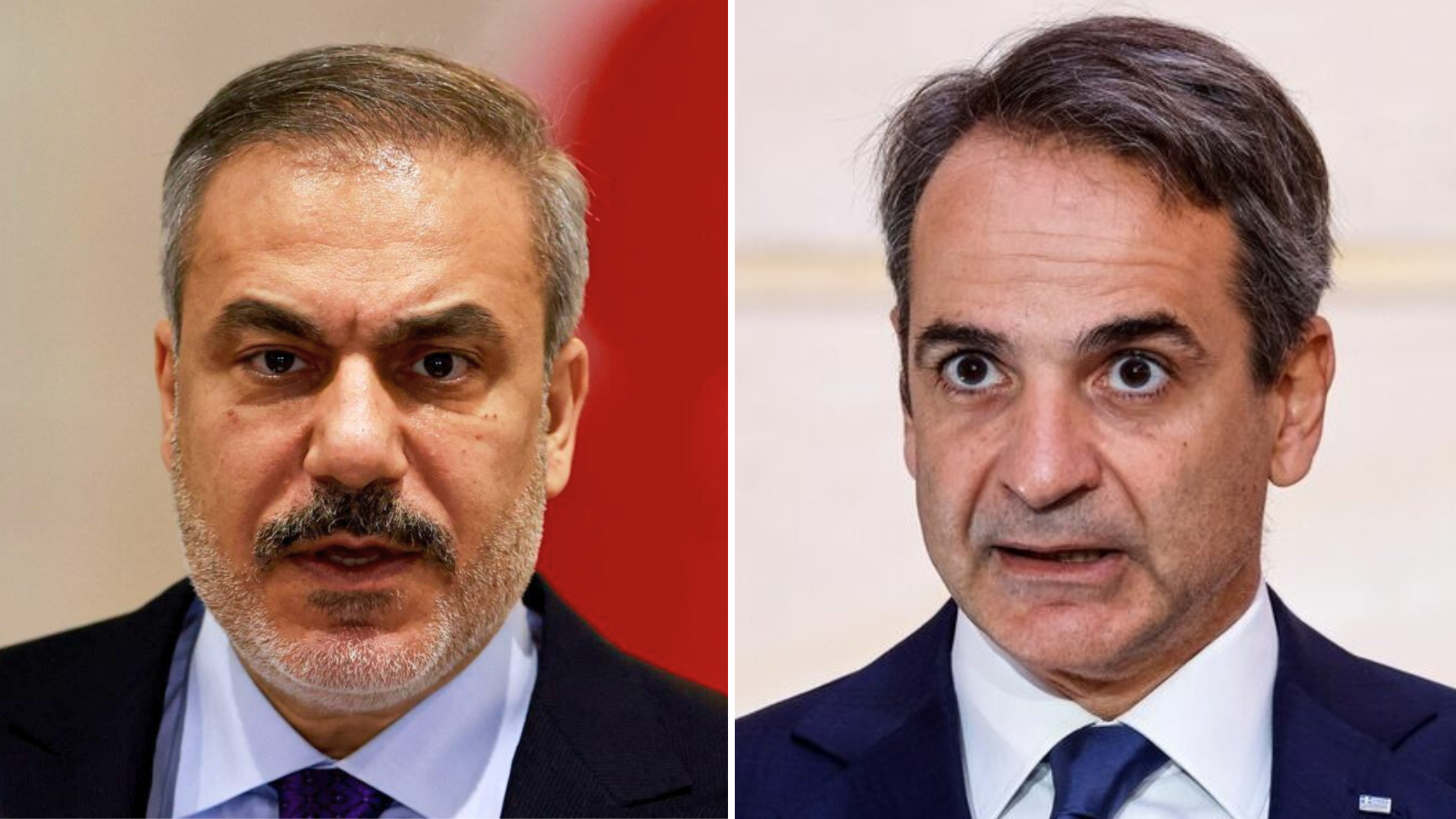A sharp diplomatic clash erupted on Thursday, September 14, as Turkey rejected statements from Greek leaders marking the Day of Remembrance of the Genocide of the Greeks of Asia Minor, observed annually.
In a strongly worded statement, Turkey’s Ministry of Foreign Affairs called the Greek claims “unfounded and outrageous” and said they contradicted “historical facts.” The ministry urged Greece to avoid actions that could “incite hostility between the two nations.”
Greek President Konstantinos Tasoulas had earlier commemorated the day, stating: “Today we remember the genocide of the Greeks of Asia Minor, following a historical presence of over 3,000 years. We honour the memory of the thousands of Greeks who were killed… violently expelled from their ancestral homes, only to resettle in Greece, carrying with them all their creative spirit.”
Prime Minister Kyriakos Mitsotakis also paid tribute, writing: “I wish to pay homage on today’s Day of Remembrance of the Genocide of the Greeks of Asia Minor by the Turkish state… September reminds us of the tragedy of an entire nation—a memory that, as the Smyrna-born poet George Seferis wrote, ‘wherever you touch it, it hurts,’ and calls on us never to forget. A people who forget their history are doomed to relive it.”
Opposition figure Socratis Famellos described the events as “a plan orchestrated by the Young Turks and Kemalists to eradicate Christian populations, including Greeks, Pontians, Armenians, and Assyrians,” and urged the international community to recognise the genocide.
